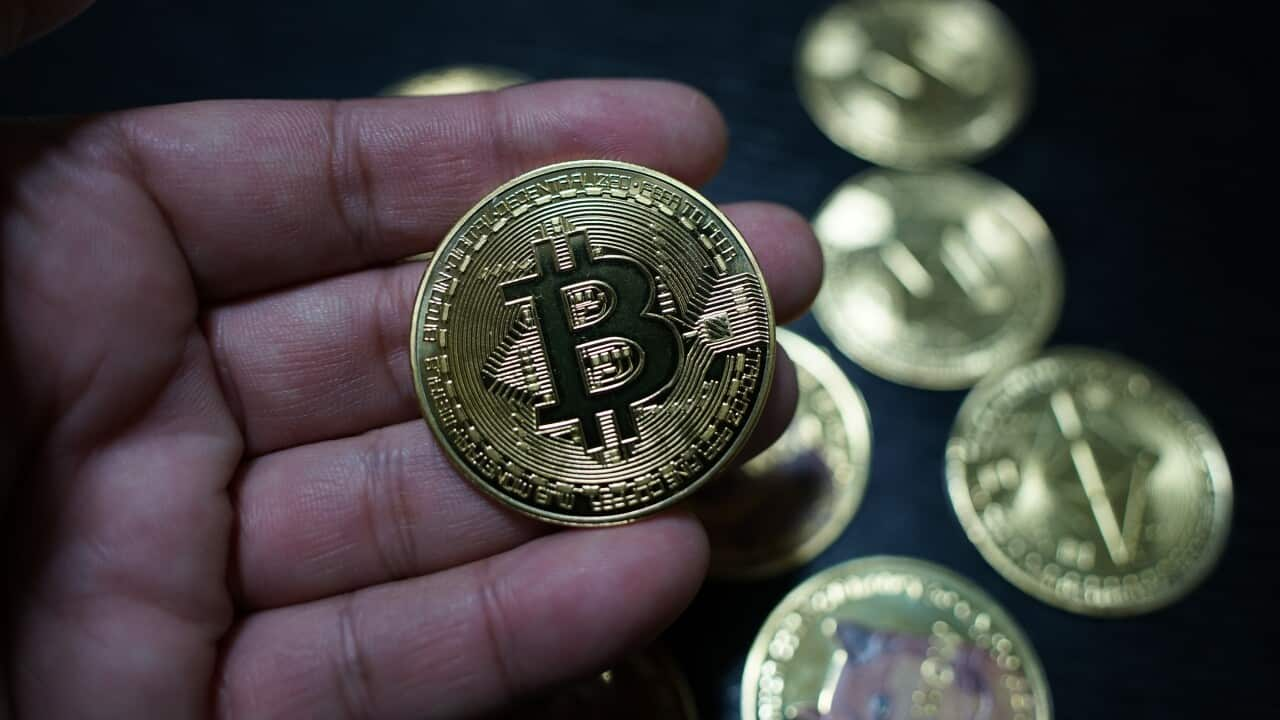Warning: Distressing content
Aunty Lorraine was four-years-old when she was stolen from Brewarrina Mission in northern New South Wales.
She was institutionalised at the notorious Cootamundra Domestic Training Home for Aboriginal Girls for a decade.
"On arrival, whatever clothing you were wearing, they threw it away, to be burned. Then they deloused you with chemicals . . . your hair was shaven. You were given a job, a religion, a bed," she said.
"Punishment was automatic if you forgot to be white . . . our mantra was to be white, speak white, dress white and act white.
"We couldn’t even talk about being an Aboriginal person. You take that as a four-year-old being brainwashed that, you soon forget Aboriginal ways and learnt white ways."

Aunty Lorraine Peeters at the Cootamundra Girls Home. Source: Supplied / The Peeters Family
She was selected by a congregation of Stolen Generation Survivors to present him and the leader of the Opposition with a glass Coolamon, a symbol of their hope for a new relationship.
"I've never forgotten that day," said Aunty Lorraine.
"What I got out of the apology for me was not for myself, but it was or my parents. He said sorry to my parents."
Yawuru woman and CEO of the Healing Foundation, the national peak body for Stolen Generations survivors, Shannan Dodson said the apology was a pivotal moment.
"It was really the first public and national acknowledgement, outside of the Bringing Them Home Report, of the suffering of survivors and the experiences they lived through," she said.
In this episode, SBS Examines reflects on the National Apology to the Stolen Generations, and remembers this dark chapter of Australian history.
If this article or podcast has caused you or someone you know distress, please call Lifeline on 13 11 14 or 13YARN on 13 92 76.











